Legal Assist
Ministry leaders are invited to make Legal Assist their first stop for risk management guidance for ministry-related legal questions.
Free Service – Open to All Ministries
Christian ministries face complex issues and risks. That's why we offer Legal Assist, a free ministry-focused service with access to our in-house team of legal professionals.

Personal Response Service
Ask for help in understanding your ministry’s legal issues clearly.
Law & Ministry Update
The latest news about emerging legislative and judicial developments affecting Christian ministries.

Read the Latest Case Reviews
Explore a case that sparked urgent questions about duty and responsibility. Plus, an additional five cases including why safety shortcuts can cost millions, and how to protect security volunteers from liability.

Watch the Podcast
In episode 3, attorneys from Brotherhood Mutual provide key insights to help ministries consider the implications of providing for the physical security of their ministries and people.
Trending topics
Practical resources on topics that matter to your team and your mission.
FAQs & More
Get started with Legal Assist by checking the FAQs and articles. Use the filters to narrow your search by audience and topic.
Can ministries be held liable for poorly-planned employee safety drills?
Lopez v. Catholic Charities: A recent Nebraska Supreme Court case reminds ministry leaders that even the best safety plans can backfire if not carried out with care.

Can the state deny the right to adopt based on religion?
Bates v. Pakseresht: This ruling reaffirms an expanding legal principle that the government is not permitted to compel ideological conformity at the expense of First Amendment freedoms.

Ministry road trips: Can ignoring safety prove costly?
Salliotte v. Ford Motor Company: this case is a reminder of how quickly a ministry trip can turn into tragedy—and how courts may view responsibility when it does.

Law & Ministry Update: podcast episode 3 - 11/2025
Join attorneys from Brotherhood Mutual as they provide key insights to help ministries consider the implications of providing for the physical security of their ministries and people.

Are your security volunteers legally protected?
Idaho’s House Bill 601 (2024) grants civil immunity to volunteer security personnel serving in religious organizations and the ministries that oversee them.

Do tax deductions for donated items require proper documentation?
Besaw v. Commissioner: This ruling shows how missing details on donated items can wipe out the entire deduction.

Do ministries have a duty to protect guests from danger?
This California case looks at whether ministries have a duty to provide adequate safety measures for their people.

Q. Can ministries designate a “private room” to limit immigration agent access?
A. Designating a room as “private” may help clarify boundaries, but legal protections depend on how the space is actually used.

Respect for Marriage Act
This legislation enacted in 2022 requires federal and state governments to recognize all marriages, regardless of sex, race, ethnicity, or national origin, assuming the marriage was valid in the state or country where it was performed.

Q. What should our ministry need to know about affiliated organizations?
A. The creation of an affiliated organization within the ministry's larger corporate structure can provide multiple benefits, but it also presents certain drawbacks.
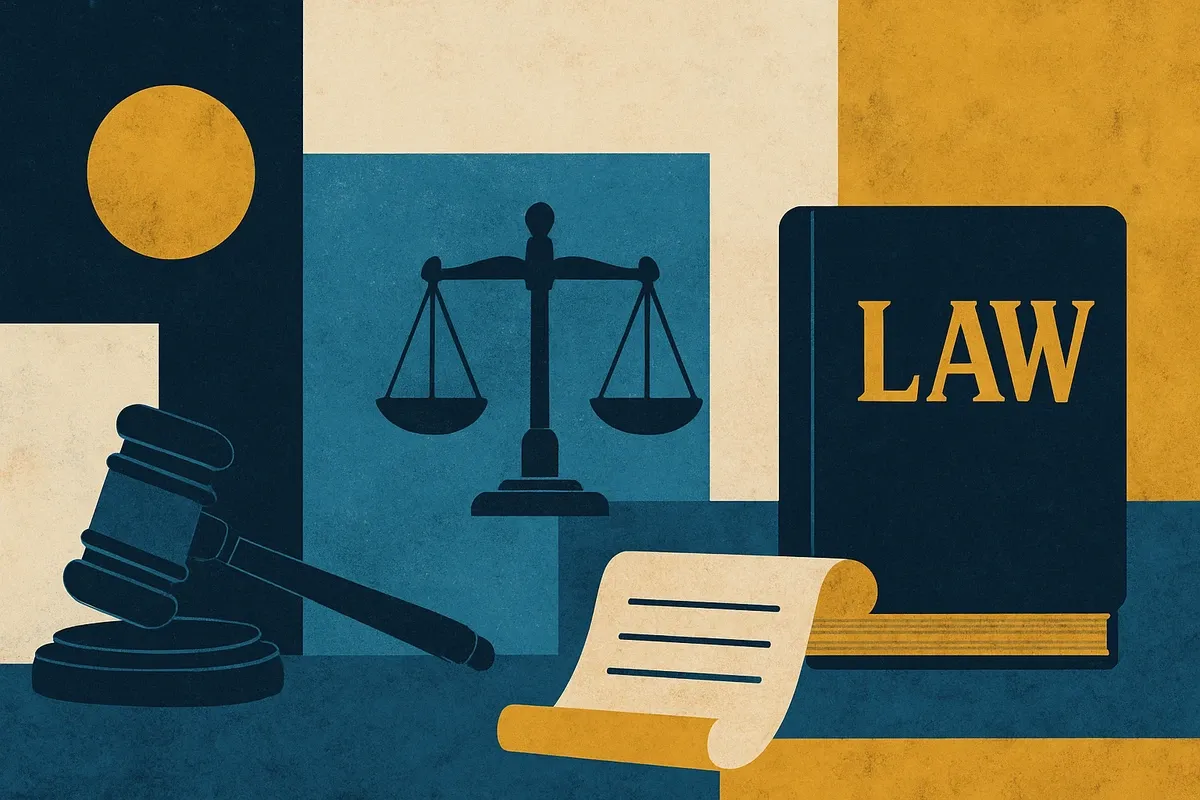
Q. Should our school ministry have armed security guards?
A. Every school must make its own determination whether circumstances exist that warrant an armed security team.
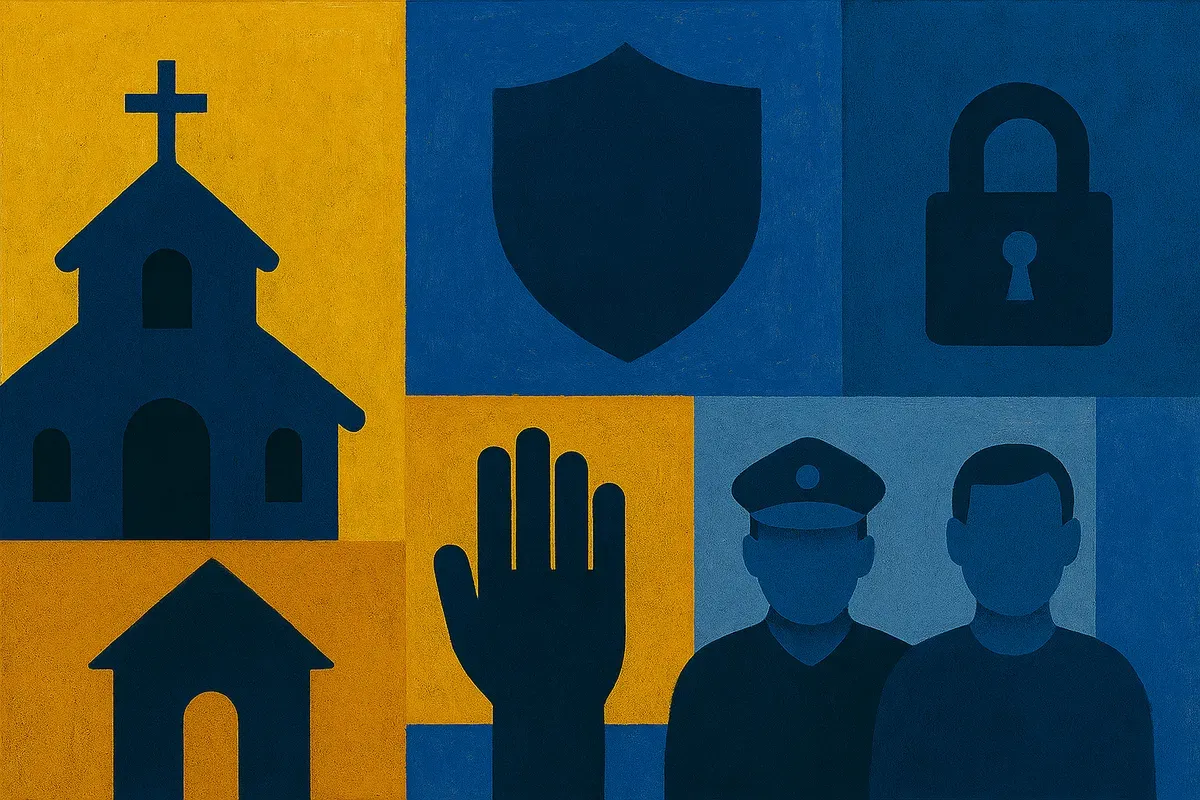
Q. Should our church have armed security guards?
A: Every church must make its own determination whether circumstances exist that warrant an armed security team.

Q. How do ministries need to follow OSHA record-keeping requirements?
A. Generally, religious organization are only required to report certain work-related incidents.

Q. What should ministry employers know about their employee handbook?
A. Your handbook should be updated, approved by legal counsel and well-communicated to your staff.

Q. How might our ministry be liable for the acts of an independent contractor?
A: Your ministry is responsible for the actions of any person or organization to which it delegates authority.

Q. How do we prepare for violence in the church?
A. First, form a team to assess the risks. Second, create a plan that establishes guidelines on how to respond to each risk.

Q. How should we respond when someone brings a service animal to church?
A: Consider creating a policy that addresses the use of service dogs or emotional support animals at your ministry facility.

Q. Why do we need an activity participation agreement?
A. An activity participation agreement ensures that participants understand the risks associated with a particular activity and they accept those risks.

Q. What should we know about the Supreme Court's same-sex marriage decision?
A. On June 26, 2015, the U.S. Supreme Court issued a 5-4 ruling, holding that the Fourteenth Amendment requires a state to license a marriage between two people of the same sex.

Q. What insurance does a ministry need for construction projects?
A. In addition to liability insurance, there is special insurance for other risks during construction.

Q: How can we avoid issues with lending facilities to outside groups?
A. Knowing who will be using your ministry's facility and for what purpose can help avoid risk management issues.

Q. How can our music ministry avoid copyright-related lawsuits?
A. Gain permission from the owner for the proposed use of any copyrighted materials before using them.

Abuse/Neglect Response Flowchart
Use this flowchart to respond swiftly, responsibly, and lawfully to abuse or neglect allegations involving individuals under your care.

Threats of Harm Response Flowchart
Use this flowchart to respond swiftly, responsibly, and lawfully to a credible threat of harm (including self-harm).

Q. What should ministries be aware of before recording conversations?
A. Ministry leaders should be very aware of the legal restrictions and exceptions that apply to recording conversations.

Q. What type of warning signs should we have?
A. Warning signs are needed when dangerous conditions on ministry property can create liability in the unfortunate event of an injury.

Q. What potential tax ramifications arise for leasing parking lots?
Leasing church parking lots may trigger UBIT and risk tax-exempt status if not managed properly.

Q. As a church board member, what issues should I be aware of?
A. Every church board member should be prepared to answer 10 questions...

Q. Do we need permission to use a person’s image or likeness?
A. If the photo was taken at a public event, and not of a guest speaker or well-known person, permission is not necessarily needed.

Q. What documents should we keep, and for how long?
A. Ministries should have a record retention policy regarding what to keep and for how long.

Q. What do we need to know about donor-directed donations?
A. To be tax-deductible for the donor, gifts generally must be made to the ministry or a specific ministry program, rather than an individual.

Q. What rules apply in hiring youth to work in our ministry?
A. Ministries hiring teens should follow federal labor laws, avoid hazardous duties, follow minimum wage requirements, and maintain work records.

Do new federal anti-discrimination rules put ministries at risk?
A new Department of Justice memo could have major implications for ministries receiving federal funds. By flagging certain DEI-related practices as potentially unlawful, the guidance signals a shift in enforcement priorities.
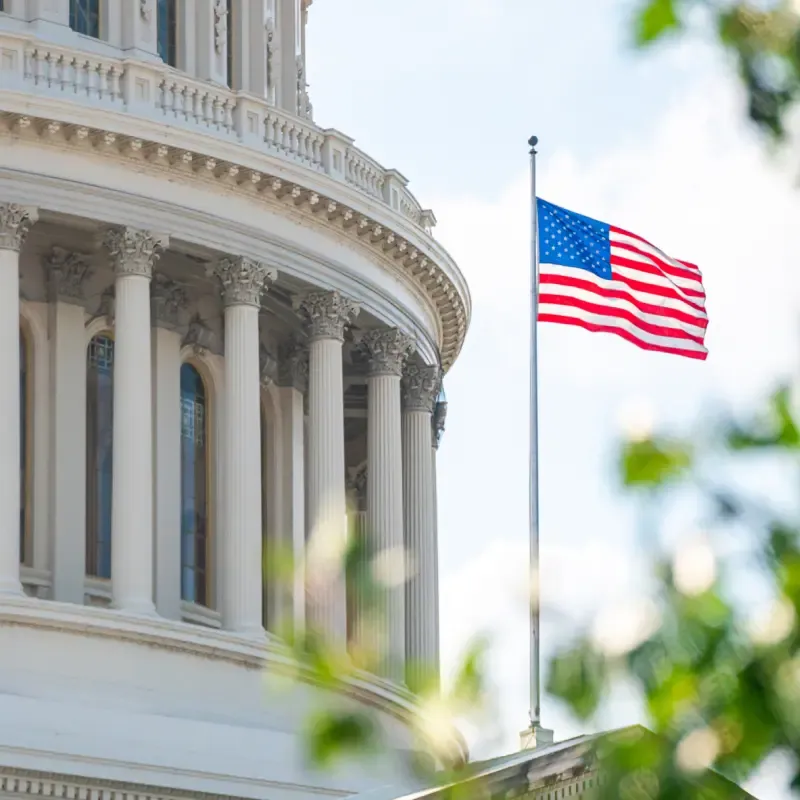
A $35 million verdict narrowly avoided: Know your abuse reporting obligations
Nunez v. Watchtower Bible & Tract Soc’y of N.Y., Inc. A recent Montana Supreme Court decision addressed a dispute in reporting duties, highlighting the importance of proper abuse reporting protocols within the ministry setting.

When it comes to hiring decisions, who counts as a minister?
McMahon v. World Vision, Inc. This ruling signals a potential broadening of the ministerial exception, the First Amendment doctrine that shields faith-based employers when hiring for roles tied to their spiritual mission.

Confessional privilege upheld, even in abuse reporting situations
Etienne v. Ferguson. A federal court in Washington addressed a recent statutory revision that would have required priests to violate their vows by reporting abuse revealed during confession.

Can state licensing requirements threaten a ministry’s religious mission?
Camp IdRaHaJe Association v. Roy. This case highlights a growing tension: What happens when government regulations collide with deeply held religious convictions?

Could a decades-old abuse claim strike your ministry?
Doe 254 v. Diocese of Winona. A Minnesota jury just handed down a multi-million-dollar verdict for abuse that happened over 50 years ago.

Law & Ministry Update: podcast episode 2 - 10/2025
Join our in-house attorneys, Joshua Lederman and Charles Hedman, as they discuss updates to statutes of limitations and how they could affect ministries.

Q. Do concealed carry laws apply to our Christian school?
A. Look into local gun laws before hiring armed security officers to protect your school.

Q. What should an online privacy policy include?
A. An online privacy policy should identify the type of info your ministry collects, how it’s collected and why, security measures used, and your cookies policy.

Q. What should our ministry know about bylaws?
A. Well-drafted bylaws help ministries manage risk, define authority, and describe your beliefs.

Q. Should indemnification provisions be included in bylaws?
A. Well-drafted bylaws help ministries protect leaders by including indemnification provisions.

Q. How can we guard against liability related to church discipline?
A: Create a discipline policy to which leaders, members, and attendees agree to adhere.

Q. How do we reduce liability associated with youth texting/sexting?
A. Ministries should caution staff, volunteers, and members against texting/sexting and should create a written policy on the subject.

Federal Court Strikes Down Minimum Salary Exemption Rule
On November 15, 2024, a federal court invalidated the Department of Labor's rule that earlier this year aimed to increase the minimum salary threshold for overtime exemptions under the Fair Standards Labor Act.

Q. Any legal concerns with ministries opening a healthcare clinic?
A. Legal issues are a consideration when administering medical care as part of your ministry. Here are some things you can do to help minimize your risk of legal consequences.

Q. Should ministries engage in peer-to-peer business transactions?
A. Using services like Uber®, Turo®, and Airbnb® to make money seem appealing. Think about potential liability and if there’s adequate insurance coverage.

Q. What risks should we know about owning or leasing solar panels?
A. Some insurance, legal, and tax issues can arise when ministries own or lease solar panels. Here are eight to explore before using this form of alternative energy.

Q. Should our ministry incorporate?
A. In today’s legal climate, objections to incorporating a church based on submission to the authority of the state are obsolete.

Q. What is parish nursing?
A. A practice that focuses on a broad range of organized wellness, disease prevention, and health promotion programs and services.

Q. How do we develop or update an effective worker screening policy?
A. You should work with an attorney to establish effective screening procedures.

Q. How should our ministry address serious allergies?
A. Address serious allergies by preparing your staff and volunteers to handle allergic reactions.

Q. Could we be responsible for injury or expense related to bedbugs?
A. If a guest comes into contact with bedbugs, bats, or other pests at your facility your ministry could be liable for injury or expense that’s incurred.

Q. Can employees sue for decisions based on religious beliefs?
A. Employees can sue their employer for employment-related decisions. See how Supreme Court cases come into to play when it comes to ministries.

Q. Does a ministry need a permit to serve or sell food?
A. Local law determines if your ministry needs a permit or a temporary license to serve or sell food.

Q. Do we have to report all injuries, even insignificant ones?
A. Prompt reporting of all work-related injuries is a risk management best practice for any ministry.

Q. What should ministries know about mandatory reporting?
A. Ministry leaders should be familiar with mandatory reporting laws in their state and educate employees and volunteers on requirements they fulfill.

Q. What if a background check turns up a criminal record?
A. Discovery of a criminal record is the beginning of an inquiry, not the end.

Q. Does a work comp policy cover independent contractors?
A. Generally speaking, a truly “independent” contractor will not be covered by your ministry’s workers’ compensation policy.

Q. Can we use images from the web in ministry publications?
A. Keep in mind that copyright laws protect most creative works.

Q. How do good Samaritan laws apply to our ministry?
A. Good Samaritan laws apply to ministries in some states. These state statutes are intended to protect individuals from legal liability for providing medical assistance in emergency situations.

Q: Are ministries subject to HIPAA?
A: Many ministries are not subject to HIPAA, but some are. Even if a ministry is not required to follow HIPAA, understanding the privacy laws is important.

Q: What liability insurance limits do ministries need?
A. Liability insurance protects ministries if someone sustains injury or loss in connection with ministry activities.

Q. Does our ministry need an Employer Identification Number?
A. Yes. An EIN is an organization’s federal identification number, much like an individual’s Social Security number.

Law & Ministry Update: podcast episode 1 - 07/2025
Join our in-house attorneys as they discuss the U.S. Supreme Court decisions on being “religious enough” and transgender treatment bans. Get insight on preparing for a visit from ICE.

Could a ministry be forced to refund a tithe?
Huntsman v. Corporation of the President of The Church of Jesus Christ of Latter-day Saints: Could a judge decide whether your financial practices align with your public promises? This case confronts the premise that transparency isn’t just a virtue—it may now be a legal necessity.

How far does liability extend when ministry volunteers take a spill?
Calvary Temple Church of Evansville, Inc. v. Kirsch. An Indiana Supreme Court ruling says yes…at least in Indiana. The implications of this case could reach far beyond state lines.

Could ministries be sued for apparently “non-religious” job decisions?
Markel v. Union of Orthodox Jewish Congregations of America, et al. In a major decision, the U.S. Court of Appeals for the Ninth Circuit ruled no—and reaffirmed a powerful legal shield for ministries.

Can the government force ministries to speak against their beliefs about gender?
Defending Education, et al. v. Sullivan, et al. A new Colorado law may require ministries to use individuals’ chosen names and preferred pronouns in public-facing services.

How could ministries be required to fund employee reproductive health options?
Cedar Park Assembly of God v. Kreidler. A church in Washington finds itself at the center of a legal battle that could have nationwide implications for Christian ministries.
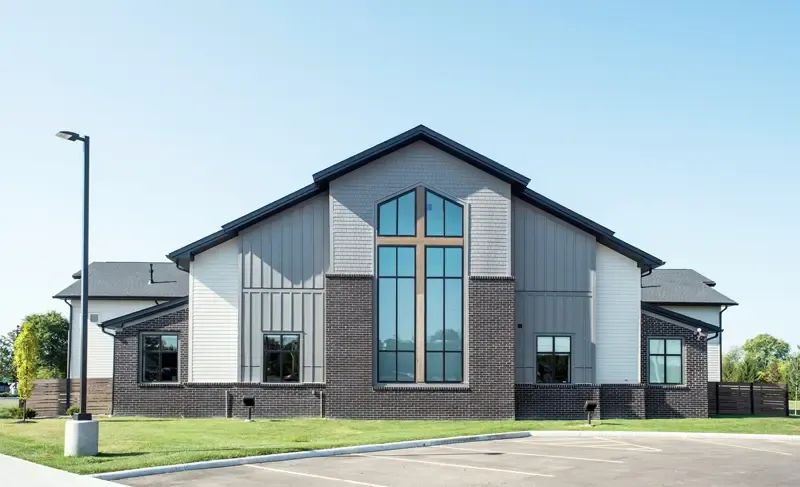
How could a megachurch’s bylaws fight affect your ministry?
Jeremiah Counsel Corporation v. Young, et al. A major legal dispute raises big questions about how churches are run—and what happens when members disagree with leadership decisions.

Court Backs State Authority in Youth Transition Case
SCOTUS upheld TN SB1, banning gender-transition treatments for minors. The law stays in full effect and sets a precedent for similar legislation across the U.S.

Q. What issues may arise when merging with another ministry?
A. Church mergers require legal planning for leadership, assets, staff, and bylaws to ensure a smooth and unified transition.

Q. Can our ministry use electronic signatures to sign documents?
A. Generally, yes, e-signatures have the same function as their printed counterparts—they are an indication of a signer’s intent to agree to the terms of a document.

Q. What if a child in our care is not immunized?
A. A childcare policy for standard immunizations and vaccinations should align with state laws and protect all children in your ministry’s care. Sample waivers included.

Q. Are clergy members required to sign marriage licenses?
A. Clergy members generally have the right to decline to officiate any wedding that is inconsistent with their beliefs.
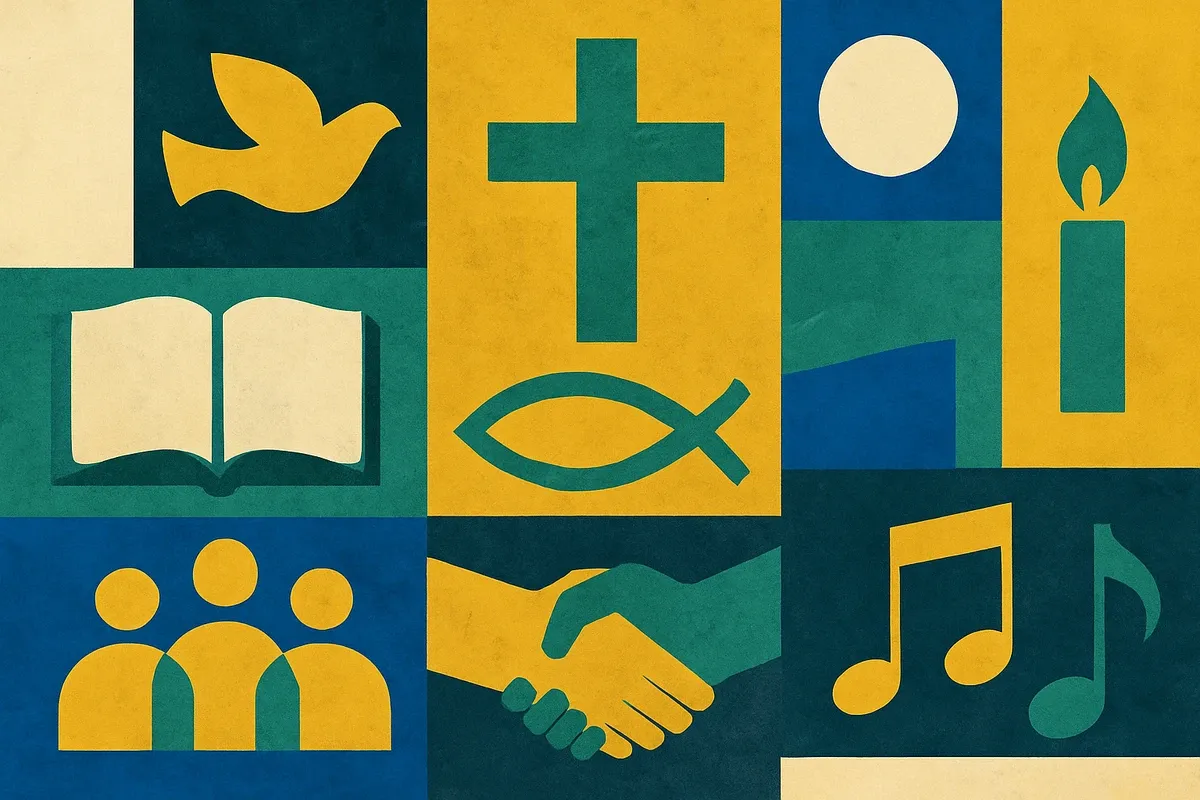
Q. Does the Fair Labor Standards Act apply to our ministry?
A. Your ministry is subject to the FLSA if it qualifies as a covered enterprise or has individually covered employees.

Q. What should ministry leaders know about contracts?
A. Contracts should be reviewed for legal terms, risks, rights and responsibilities before signing to protect the ministry.

Q. How should our ministry respond to a subpoena?
A. It’s usually best to respond as requested. However, at certain times a ministry may want to fight a subpoena.

Q. What political activity is prohibited by tax exempt status?
A. Ministries should avoid political campaigning to maintain 501(c)(3) tax-exempt status.

Q. Is our ministry automatically tax-exempt?
A. Churches are automatically tax-exempt, but other nonprofits must file Form 1023 for 501(c)(3) status.

Q. Should registered sex offenders be allowed at church?
A. Proceed carefully if a registered sex offender asks to attend church. Your primary goal is the protection of all members, especially children.

Q. Is our ministry required to display labor law posters?
A. In general, ministries with paid employees are required to post labor law posters.

Q. Are ministries allowed to remove disruptive people?
A. Churches are private property owners, so they can restrict access to their property.

Court Rules Your Ministry is “Religious Enough”
SCOTUS delivered a win for faith-based organizations, ruling government cannot decide what makes a ministry “religious enough” to qualify for legal protections.

What is the impact of counseling restrictions on faith-based guidance in ministries?
Chiles v. Salazar. If SCOTUS upholds Colorado’s ban, organizations that offer counseling services could face limitations when addressing sensitive topics like gender identity and sexuality.

How would an abuse claim from 50 years ago impact your ministry financially?
Roman Catholic Archbishop of Washington v. John Doe, et al. A new law in Maryland eliminates time limits for filing child abuse lawsuits.

How would your ministry be required to hire employees with conflicting values?
CompassCare v. Hochul. This case strikes at the heart of a ministry’s ability to uphold its mission.

How would your ministry prepare for an immigration raid?
This 2025 federal policy change permits ICE and CBP agents to conduct enforcement actions in places of worship, schools, and other previously protected areas.

Retraction of Immigration Sanctuary Policies
The recent rescission of federal directives designating churches and schools as safe sanctuaries for undocumented immigrants could have significant implications for faith communities across the United States.

Q. What should ministries know before doing a service project?
A. Ministry leaders should be aware of the risks presented by a service project and how to effectively manage those risks.

Q. How do we identify an independent contractor for tax purposes?
A. The IRS says ministries should evaluate three categories when determining if a worker is an independent contractor or an employee: behavioral, financial, and type of relationship.
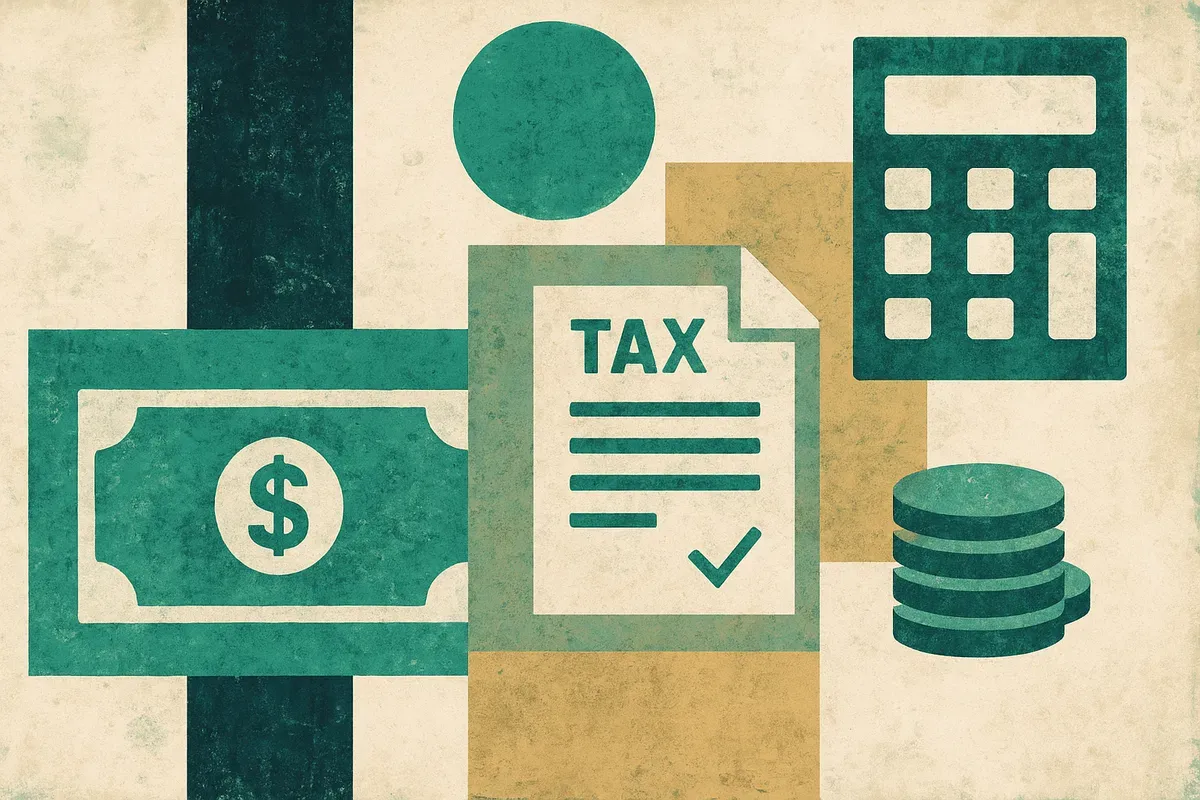
Q. How do we respond to requests from political groups or candidates?
A. Churches should be careful not to jeopardize their 501(c)(3) tax-exempt status through political activity.

New Legal Threat to Ministries with Websites
Here’s the scenario: Plaintiffs’ attorneys are exploiting the California Invasion of Privacy Act (CIPA), originally drafted in the 1960s to address wiretapping.

Q. How can ministries limit liability from sudden medical emergencies?
A. Ministries can limit liability by having a trained and fully-equipped medical response team.

Q. How can ministries be protected from liability from activities and youth events?
A. While there’s no way to completely eliminate risk, your ministry can help protect itself from liability with a well-drafted activity participation agreement.

Q. How should we respond to and document injuries that occur during activities?
A. It is important to have an injury policy and reporting procedure in place.

Attorney Referral Service
Free referral information for attorneys in your area who are members of the Christian Legal Society, the nation's largest Christian legal association.

*Important Information: Brotherhood Mutual is pleased to provide Legal AssistTM as a complimentary resource. Services through Legal Assist aim to provide general legal information to our current and prospective policyholders. While the information provided is intended to be helpful, it does not constitute legal advice and should not be used as a substitute for advice from a licensed attorney in your area. Please note that no attorney/client relationship is established through this process, and no legal advice will be provided. We strongly recommend regular consultations with a local attorney as part of your risk management program.




